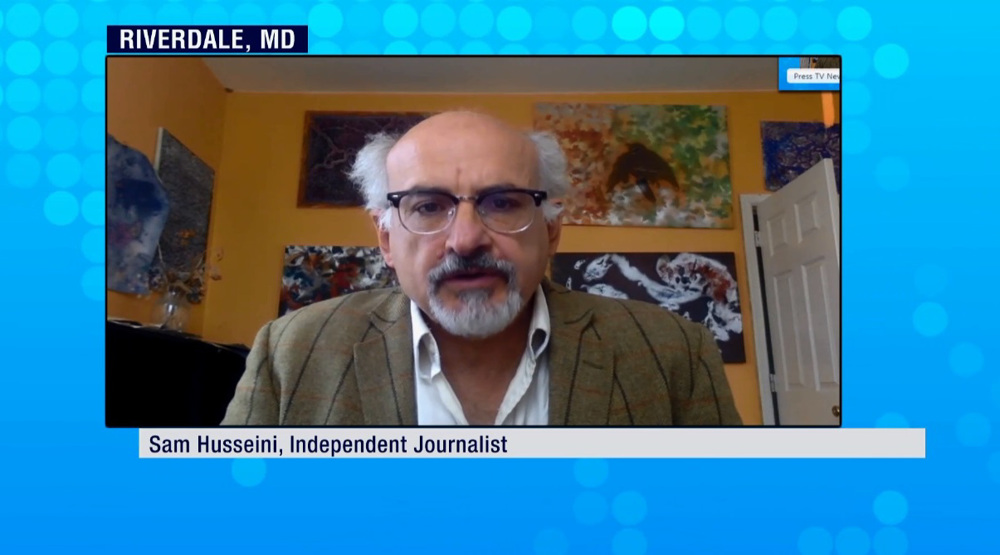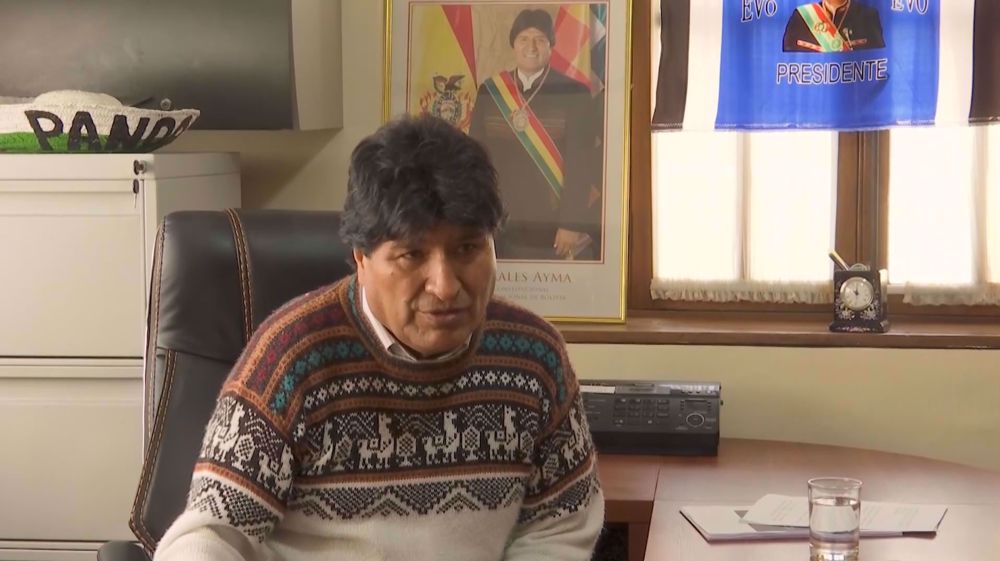Brexit not only about European Union: Analyst
Ian Williams, with the Foreign Policy in Focus from New York, was interviewed by Press TV about the European Union and its challenges after the Brexit.
The following is a rough transcription of the interview.
Press TV: Italy, France and Germany are getting together for a common stance when it comes to Britain. Looking at their comments, it was a lot about security as opposed to economic viability.
Williams: Yes because I suspect there is not as much common ground on economics as you would think. The Germans are still in essence opposed to the drift of French and Italian state economic policies. And in many ways the Brexit referendum in Britain wasn’t just about the European Union. It was also about the direction the European Union has been taking at the behest of the German bankers. Quite a lot of people have voted to leave; did so looking at what the European Union have done to Greece and are doing to Italy and threatening to do to Portugal and at some point threatening to do to Britain.
The idea of the loss of autonomy of the Greek government, for example, to impose draconian austerity policies does not really appeal to many Brits who oppose those austerity policies at home. And so the other part that is beginning to dawn, I suspect, is that the Germans are beginning to realize that Britain’s leaving will impose very heavy costs on Germany as well, in particular, but also the other countries. There’s a big gap in trade, there’s a big gap in financial transfers… A lot of disruption is bad for something like the European Union, which is built on stability. So the disruption goes both ways.
Press TV: By ignoring the elephant in the room, are you suggesting that perhaps there is a bit of fear mongering going on when big power houses of the EU talk about security?
Williams: That’s because they’re wielding the threat of terrorism to unify everybody. It’s the oldest trick in the statesmen’s handbook to invoke a common external threat to unify people. And this is clearly what’s doing here. That’s one thing they can agree on and they know will get a popular hearing with much of the European population.
As soon as they get into the basics, if you remember immediately after the votes there was some strong talk of punitive measures almost against Britain to punish the people there for having the temerity to want to leave. You hear much much less of that now, because the question of who’s going to get heard most is going to come up. A lot of regions in Europe would suffer very badly if Britain had an abrupt cessation of free trade with the European Union.
VIDEO | Pakistan's opposition groups warn US against interference
‘Mandela cause still alive’: Iran FM hails South Africa’s pro-Palestine stance
Thousands call on UK government to stop arming Israel
Israel agitated ICC could issue arrest warrant for Netanyahu
US internal memo hints Israel in violation of international law
April 27: ‘Axis of Resistance’ operations against Israeli occupation
Palestinian groups laud resistance fighters’ ‘heroic’ battle against Israel
Portugal rejects paying reparations for colonial-era atrocities









 This makes it easy to access the Press TV website
This makes it easy to access the Press TV website